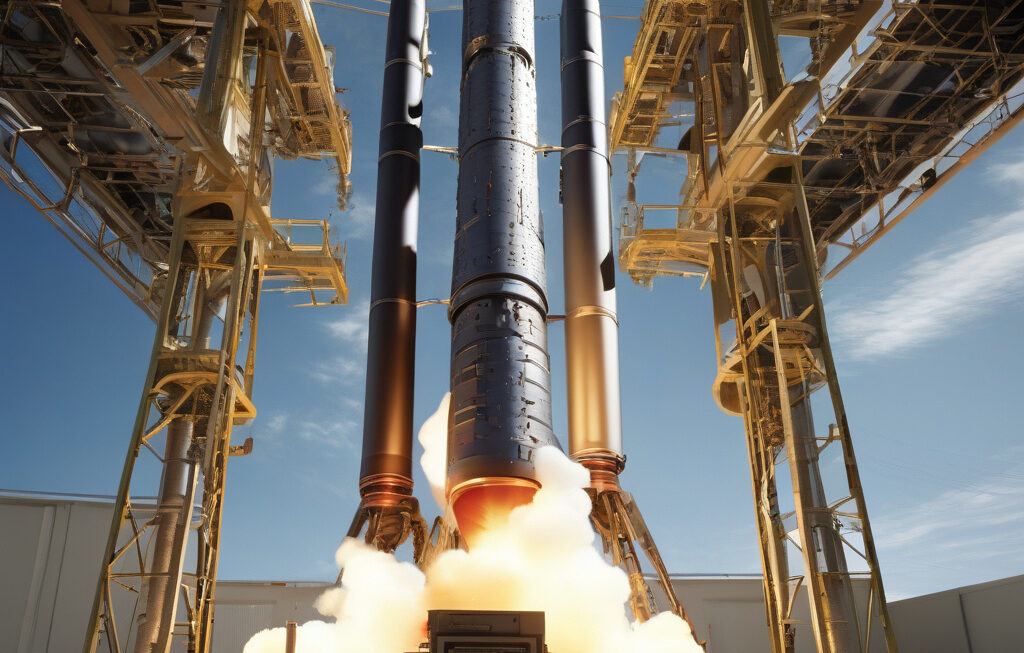The United Nations Urges Swift Action in Regulating Military AI
In the realm of technological advancements, the development of artificial intelligence (AI) has proven to be both revolutionary and controversial. As AI continues to permeate various aspects of our lives, its implications for military applications have sparked concerns globally. Recently, the United Nations made a significant call for urgent regulation of military AI, emphasizing the need for international cooperation and guidelines to govern this rapidly evolving technology.
The backdrop for this call to action has been the escalating tensions between the United States and China regarding AI development, particularly in the military sector. The US government has taken a decisive step by increasing export controls on advanced AI chips, aiming to curb China’s technological and military progress. This move has been driven by national security concerns, as the US seeks to maintain its competitive edge and safeguard sensitive technologies from falling into the wrong hands.
In response to these restrictions, China has vehemently criticized the US actions, denouncing them as ‘bullying’ and protectionist measures. The Chinese government has underscored its commitment to advancing AI capabilities for both civilian and military purposes, viewing the US restrictions as an attempt to stifle China’s technological growth and global influence.
The escalating tensions between the two superpowers highlight the urgent need for a comprehensive regulatory framework to govern the development and deployment of military AI. The United Nations, as a neutral and authoritative body, has recognized the potential risks associated with unbridled AI proliferation in the military domain. Without clear guidelines and international cooperation, there is a real threat of an AI arms race that could have devastating consequences for global security and stability.
One of the primary concerns surrounding military AI is the lack of transparency and accountability in autonomous systems. As AI-powered weapons become more sophisticated and independent, the potential for unintended consequences and ethical dilemmas increases exponentially. Issues such as target identification, civilian casualties, and compliance with international humanitarian law remain pressing challenges that must be addressed through robust regulations and oversight mechanisms.
Moreover, the rapid pace of AI innovation poses challenges for policymakers and regulators in keeping up with the latest developments and ensuring that appropriate safeguards are in place. The dual-use nature of AI technologies further complicates the regulatory landscape, as advancements in civilian applications often have military implications and vice versa. Balancing the benefits of AI innovation with the risks of misuse and proliferation requires a delicate and nuanced approach that takes into account diverse stakeholder perspectives.
In light of these complexities, the United Nations’ call for urgent regulation of military AI is a timely and necessary initiative. By convening member states, experts, and industry stakeholders, the UN can facilitate a dialogue on best practices, standards, and norms for the responsible development and deployment of AI in the military domain. Emphasizing transparency, accountability, and adherence to international law will be essential pillars of any regulatory framework aimed at mitigating the risks associated with military AI.
As the US and China navigate their geopolitical rivalry in the AI arena, the broader international community must come together to ensure that AI technologies are harnessed for the collective good rather than being weaponized for destructive purposes. The United Nations’ leadership in advocating for global cooperation and regulation sets a crucial precedent for addressing the complex challenges posed by military AI. Only through concerted and collaborative efforts can we steer the course of AI development towards a more secure, ethical, and sustainable future.
regulation, military AI, United Nations, technological advancements, China-US tensions












